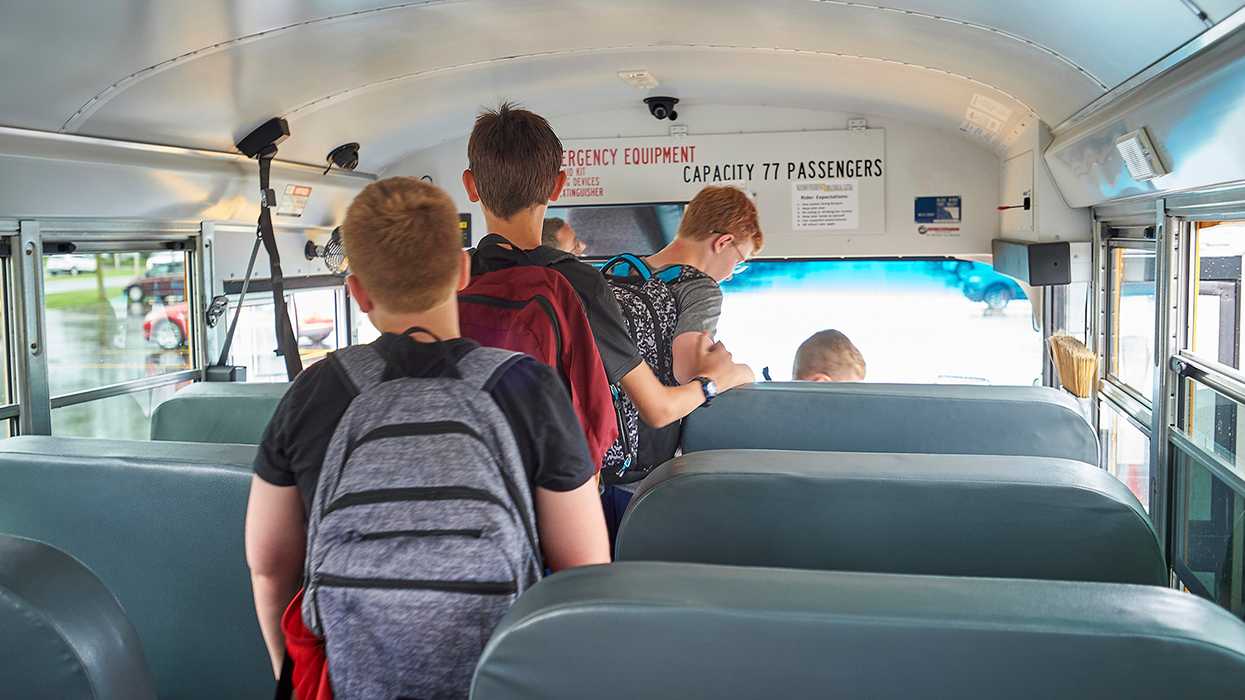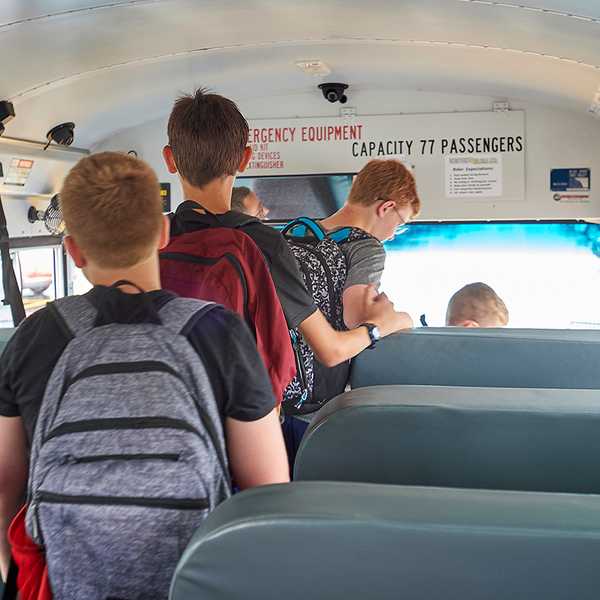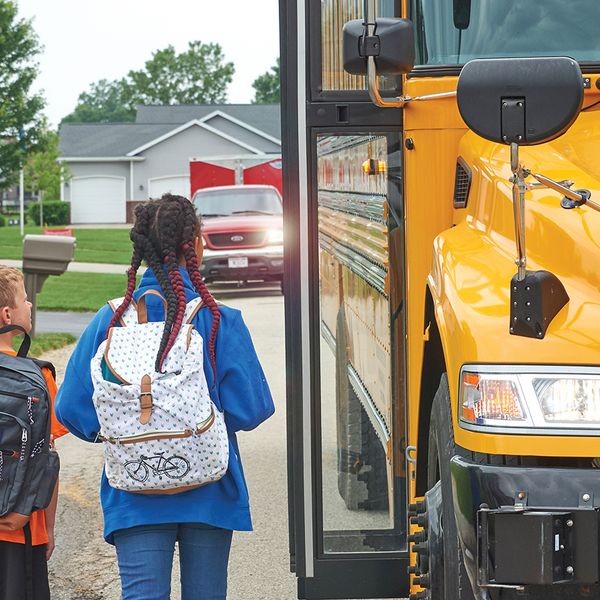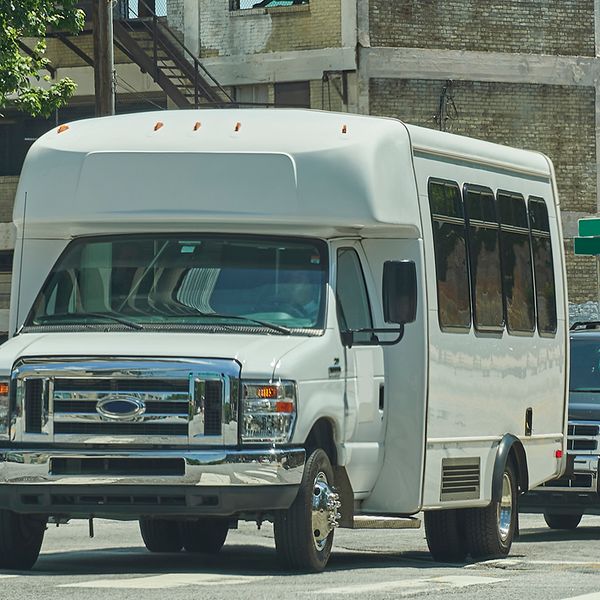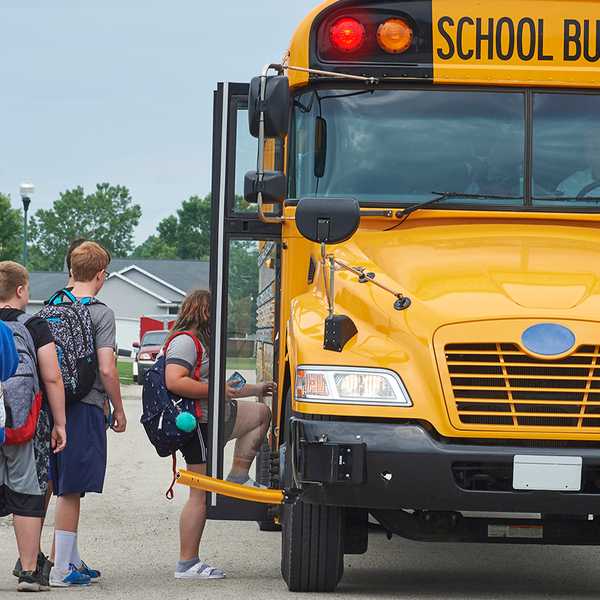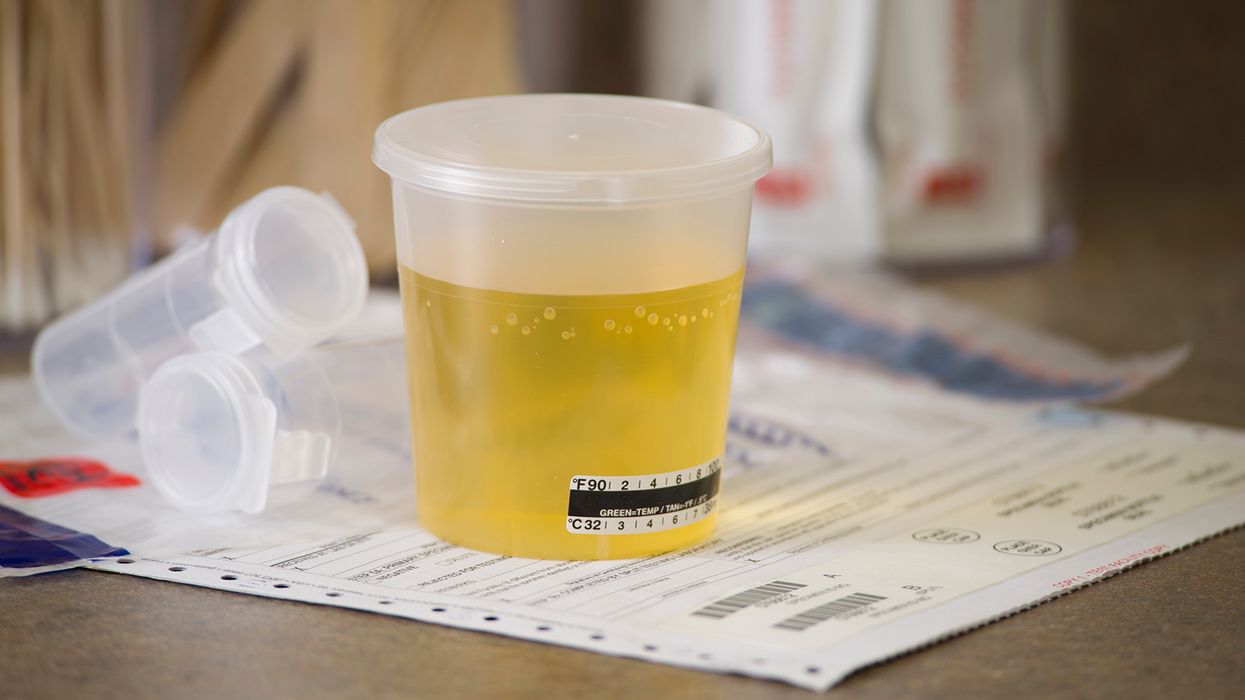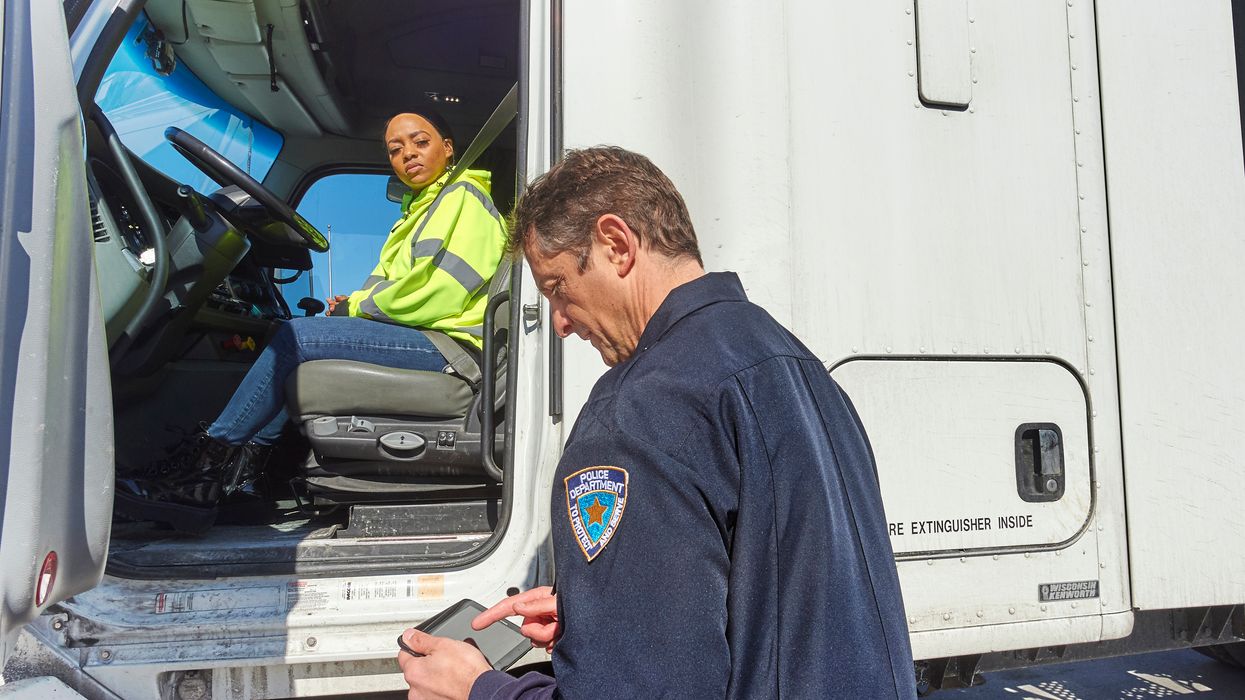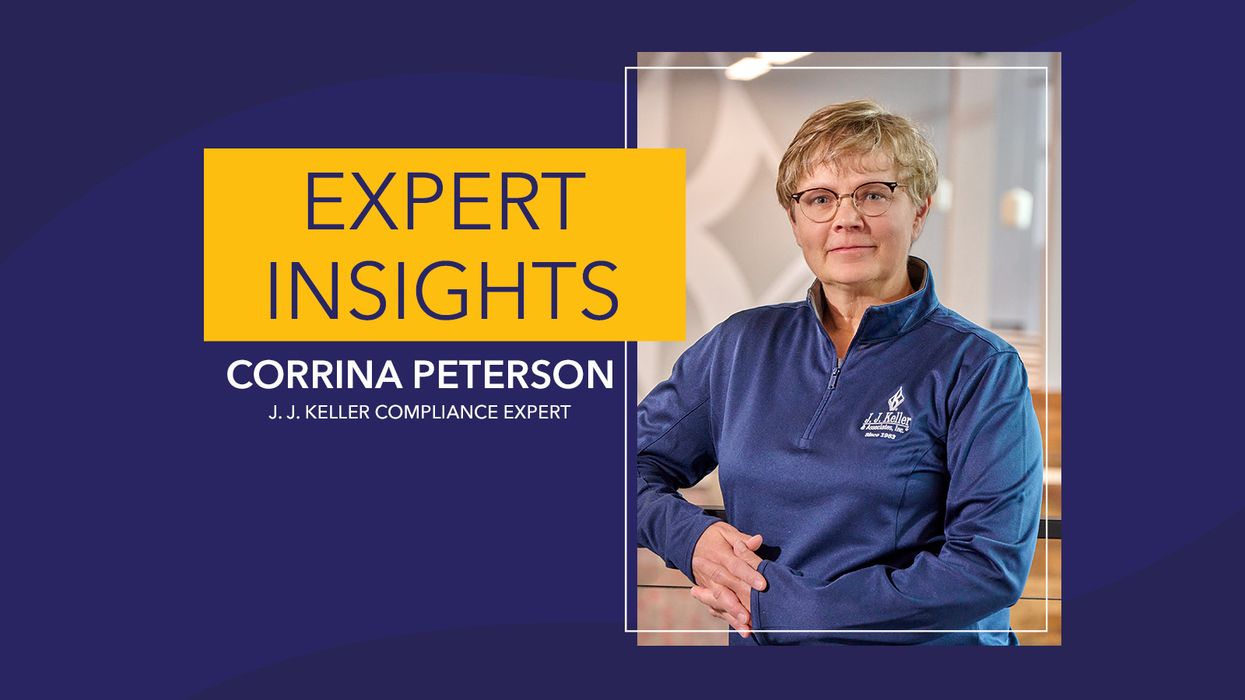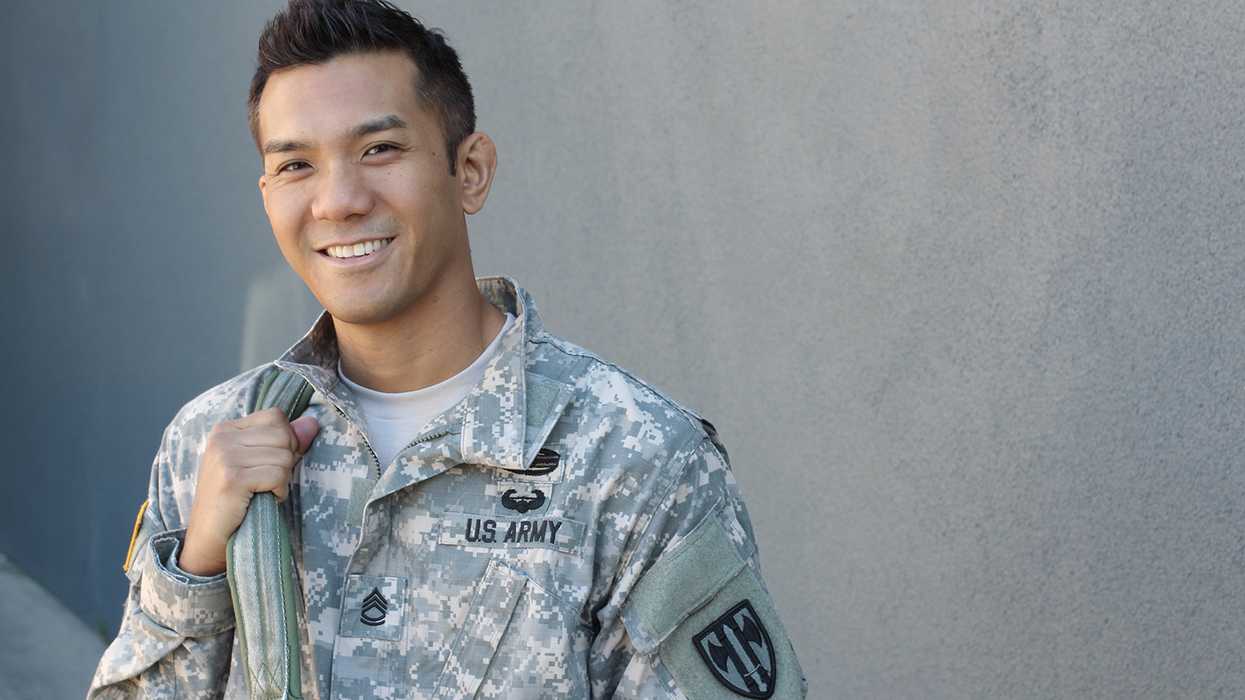The ’Under-the-hood’ exemption was extended and the latest on other school bus driver rules
The "under-the-hood" portion of the commercial driver’s license (CDL) skills test for the “S”, or school bus endorsement, was extended through November 28, 2026. Knowledge of the safety rules and flexibility within the rules is critical when recruiting and retaining scarce school bus drivers.
The following is an overview of federal rules and exceptions applicable to various school bus operations.
’Under-the-hood’ temporary waiver
The waiver’s two-year extension by the Federal Motor Carrier Safety Administration (FMCSA) allows states to waive the "under-the-hood" portion of the CDL skills test. This exemption eliminates the requirement that those seeking a CDL must be able to identify engine components. The intent is to make recruiting easier.
The drivers tested under this exemption must pass all other parts of the CDL written and road tests and can only operate intrastate.
Permanent exceptions
Under the Federal Motor Carrier Safety Regulations (FMCSRs), a "school bus" is a passenger motor vehicle designed or used to carry a driver plus 11 or more passengers and is primarily used to transport pre-primary, primary, or secondary school students between home and school.
There are two distinct exceptions:
- School buses that operate between schools and students' homes are exempt from the FMCSRs under 390.3(f)(1), except for the bans on texting and hand-held cellphone use as well as CDL (Part 383) and drug and alcohol testing (Part 382) requirements.
- School buses operated by the government, such as a school district, are exempt from the FMCSRs except for CDL and drug testing rules under 390.3(f)(2) unless specifically excepted by the state. This exemption does not extend to contractors performing transportation on behalf of the government.
However, for-hire school buses used to transport post-secondary students or used for travel to extracurricular activities across state lines are subject to federal rules. Intrastate-only rule applicability depends on the state.
Rules applicable to operation types
Rules are applied differently depending on the aspects involved, including:
- A government entity or for-hire contractor,
- Public or private school,
- Regular school or extracurricular activities, and
- Primary or post-secondary school.
The following table outlines how the FMCSRs in Parts 382 and 383, and Parts 390 through 396 apply to school bus operations:
| Operation type | Student type | When used to/from school and home | When used for extracurricular activities |
|---|---|---|---|
| Public school | Any | Exempt from most FMCSRs except CDL licensing and drug/alcohol testing | Exempt from most FMCSRs except CDL licensing and drug/alcohol testing |
| Private school | Pre-primary, primary, and secondary student | Exempt from most FMCSRs except CDL licensing and drug/alcohol testing | Subject to FMCSRs as PMCP (Business) |
| Private school | Post-secondary | Subject to FMCSRs as PMCP (Business) | Subject to FMCSRs as PMCP (Business) |
| For-hire contractor | Pre-primary, primary, and/or secondary | Exempt from most FMCSRs except CDL licensing and drug/alcohol testing | Subject to FMCSRs as for-hire carrier |
| For-hire contractor | Post-secondary | Subject to FMCSRs as for- hire carrier | Subject to FMCSRs as for-hire carrier |
Keys to remember: School bus drivers are scarce throughout the country. It is critical to understand which rules apply and where flexibility exists to maximize recruiting and retention efforts.

